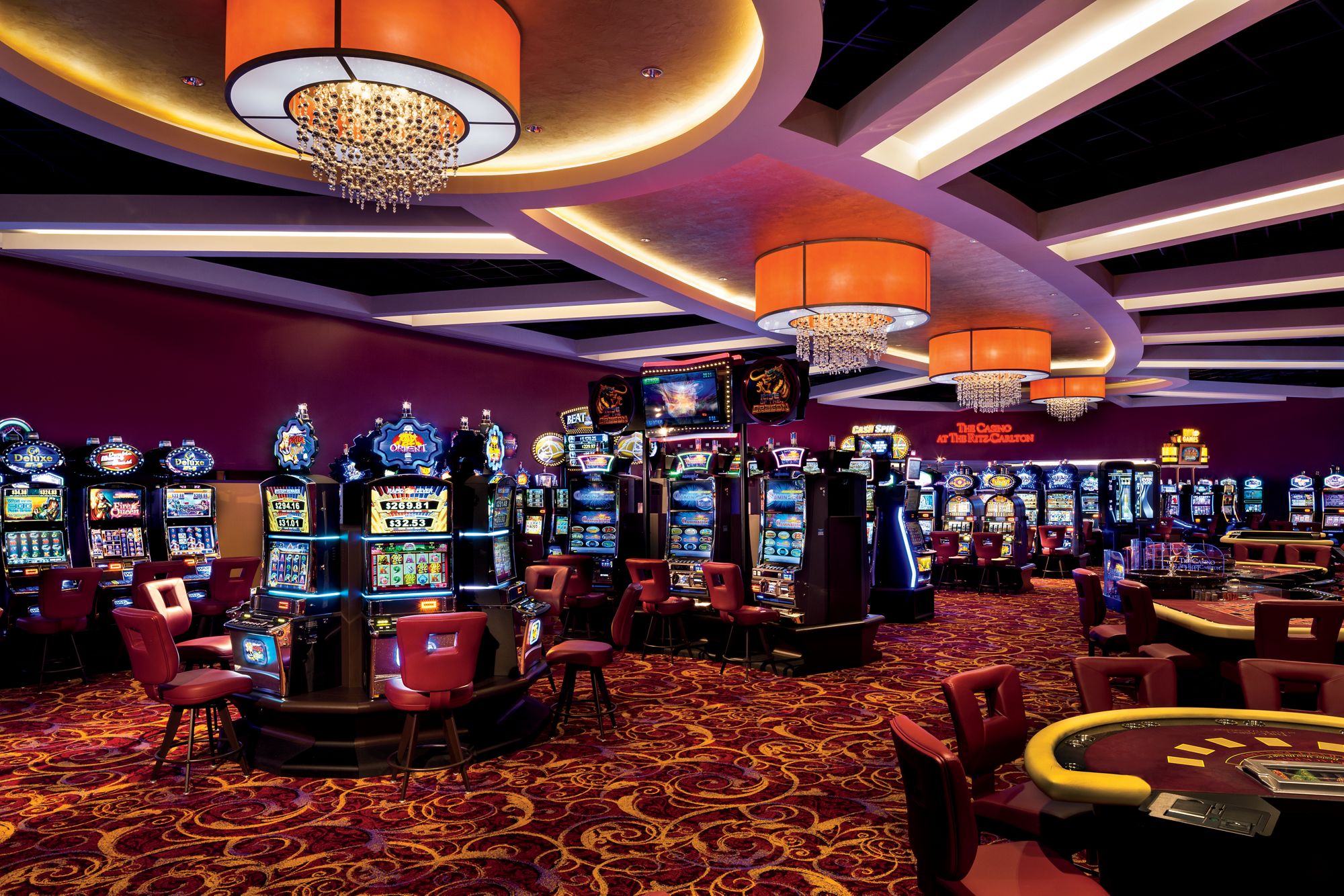Casino activities have captivated gamblers for centuries, pulling them into a universe of thrill, luck, and fortune. From the blinking lights of video slots to the strategic intensity of card tables, these games offer a unique combination of entertainment and hazard. However, underneath the facade of this glamour and finesse lies a sophisticated relationship of calculations that determines every outcome and decision made within the casino.
Understanding this connection between gaming activities and mathematics merely enhances the player’s journey but can also help gamblers make wise selections. Whether you are a recreational player or a avid enthusiast, recognizing the numerical strategies at play can offer valuable knowledge into chances, odds, and approaches, eventually affecting how one tackles these games of luck.
Mathematical Likelihood in Gambling
In the realm of casino games, mathematical likelihood plays a critical role in determining outcomes and informing player decisions. Each activity has a distinct set of regulations and a specific probability model that influences its dynamics. For example, in activities like the roulette wheel, players must comprehend the probabilities of choosing a certain number or shade. The likelihood of specific events occurring can be calculated, and this understanding can significantly affect wagering strategies.
Gambers also need to be informed of the casino advantage, which is the statistical advantage that gambling establishments hold over players in the long term. This advantage differs across different activities. In 21, expert players can use strategies to reduce the house edge to as low as one %, while in activities like slots, the casino advantage can be substantially larger. Understanding the house edge allows gamblers to make educated choices about which activities to participate in and the amount to bet.
Furthermore, likelihood is fundamental in the concept of danger versus reward in betting. Each bet carries a specific danger level, and gamblers must evaluate the possible return against that danger. Games like poker require players to not only compute the chances of their personal hand winning but also to assess the probabilities of their rivals’ hands. By applying mathematical concepts to their strategy, players can boost their odds of success and engage more effectively in the thrilling realm of casino games.
Anticipated Worth in Casino Games
When discussing casino activities, one of the basic ideas rooted in math is the anticipated value. This numerical measure assists gamblers grasp the possible outcomes of their bets over a period. In basic terms, anticipated worth (EV) determines the mean amount a gambler can anticipate to gain or suffer per bet if they were to play the activity many times. Each game has its own EV, influenced by the probabilities and the house edge, which signifies the benefit that the gambling establishment holds.
For example, think of a activity like roulette. The anticipated worth can be derived based on the particular bet placed. If a gambler bets on a single number, the payout is 35 to 1, but the actual odds of winning that wager are 1 in 37 (in Euro the roulette game). This results in a negative anticipated value, showing that, on average, players will lose money over a period when playing this kind of wager. Understanding this concept allows gamblers to make better informed choices about which games and bets may be less advantageous.
Furthermore, the exploration of anticipated value can lead to improved money management. Gamblers who understand the math behind their games are often able to set practical goals. By acknowledging their potential deficits and gains, they can adjust their gambling strategies accordingly, which may improve their total gambling experience. As a consequence, expected value serves as a crucial resource for both beginner and experienced players to steer through the frequently unpredictable nature of casino activities.
Approaches and Odds: The Mathematics Behind Success
In gaming establishments, grasping the probabilities is essential for gamblers attempting to maximize their likelihood of success. Each activity has its own unique set of chances that establish successful results, and these statistics are often presented in the gaming guidelines or payout tables. For case, in games like blackjack, gamblers can improve their probabilities through strategies such as tracking cards, which relies on arithmetic concepts to gain an upper hand over the establishment. By familiarizing themselves with the probabilities, gamblers can make more informed determinations on when to wager and when to fold.
Furthermore, the idea of expected outcome holds a major part in gaming tactics. Average outcome determines the typical outcome of a stake over a period, allowing participants to judge whether a specific wager is valuable taking. For example, slot machines have a fixed payback percentage, which can show the typical profit a gambler can look for on their bets. By opting for games with higher expected values, players can minimize the house advantage, boosting their future winnings in the future.
Finally, successful participants often adopt a mix of luck and calculative tactics to boost their gaming experience. BJ88 While luck can’t be controlled, managing a wagering approach based on mathematical insights can lead to more favorable outcomes. By making use of techniques such as bankroll management and choosing games, players can apply math to maneuver through the unpredictable nature of casino games, making the most of their investments and investments at the casino.

